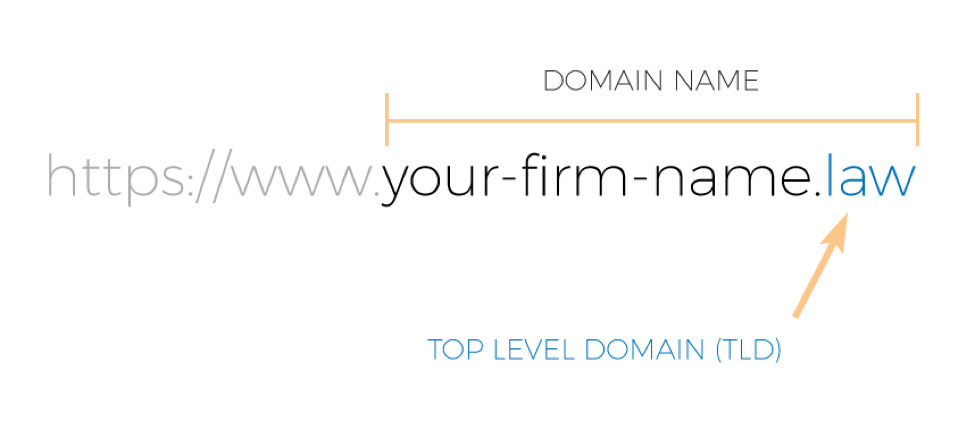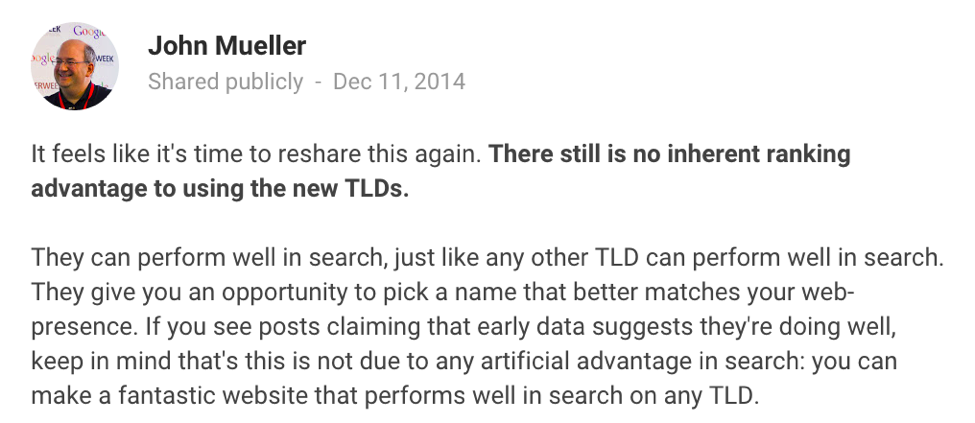Like any business, there’s risk involved. Starting a law firm, whether fresh out of college or years into a career, requires careful planning, some financial resources, and a marketing plan to succeed.
If you’re serious about starting a law firm, you may find it a little more difficult than passing the bar. Luckily, this is a good place to help you get started.
Before Starting A Law Firm
There are a few things you should consider before going ahead and registering a law firm. The most important place to start is by creating a plan.
Consider these:
- Will you practice law in different places?
- What is your area of expertise (i.e. divorce, family law, etc.)
- How much money will you spend to start your law firm?
- Will you start solo or form a partnership?
- What legal requirements are needed to start a law firm in your area?
- How will you market your law firm?
The beginning of any new business will be tough and first year startups often struggle before they succeed. Having a little patience and determination will see returns to your personal investments and the only way to get there is with a plan.
Have Enough Cash To Get Started
You need a plan to succeed but you will also need a bit of money. The amount of money you need to invest in the startup of a law firm will vary from person to person. There are many expenses you will have to cover that cannot be avoided. Here’s a list of many of the costs you can expect to pay to get your law firm started:
- Accounting
- Answering Service
- Bank Fees
- Bar fees and other organizational fees
- Couriers
- Insurance (for malpractice claims)
- Employees
- Employment Benefits
- Entertainment Costs
- Office Lease/Rent
- Office Supplies
- Office Furniture
- Ongoing Legal Education
- Telephone
- Unemployment Tax
- Website for Law Firm
The best way to tackle these necessary costs when starting a law firm is by creating a budget. Look at the bigger picture and develop a budget detailing the next few years. Break down your costs into initial start up (i.e. office supplies, marketing, furniture, etc.) and operating costs (i.e. office lease/rent, staff salaries, etc.).
Choosing a Business Structure for Your Law Firm
Now that you have considered the costs, your area of expertise, and finished all the items on the law firm checklist, it’s time to set up your business.
This part of setting up your law firm requires the legal structure of your business. Choose carefully as to which type you use for your law firm as it will affect various aspects of how you can operate as a business.
Here are the options available to your:
Types of Legal Structures
1. Sole Proprietorship
Starting a sole proprietorship is the most simple option available. In this legal structure, the business is owned and operated by one person (you) and they are liable for any of the business’ obligations.
- You won’t have to file forms with the state, however they will be needed to obtain licenses and permits.
- Owners are personally liable for the outcome of the business (i.e. debts)
- Any income earned is reported on your personal income tax return.
This legal structure is ideal for it’s low cost and basic tax structures, however the unlimited liability and requirement to pay self-employment tax can become a burden. Take for example a client suing you for malpractice. You would be held accountable for any damages.
2. Partnership
A partnership requires two or more people who run and own the law firm. You can create a partnership as either general or limited and is typically governed by an agreed upon contract detailing the partners’ responsibilities
- Each partner is personally responsible for the partnership’s obligations (for general partnerships).
- Partners owe fiduciary duties to each other.
- Taxes are reported and paid by each individual partner’s tax returns.
Forming a partnership is a low cost and profitable solution for each partner. However, there as joint and several liabilities, sharing profits, and possible disputes between partners that can affect your law firm’s trajectory. If for any reason your partner is sued for malpractice or refuses to participate in some other contractual obligation, your can be held personally liable. The best way to protect yourself from this situation is to consider the next option.
3. Limited Liability Company (LLC)
A limited liability company (llc) provides members with with protection from personal liability for debts and actions performed by the business, just like a corporation. The difference is that you can choose to be taxed as a partnership.
- You will be required to file paperwork to your government
- You will need an operating agreement outlining rights and responsibilities of the members and how the law firm will run
- Taxes can be dealt with as either a partnership or a corporation
LLCs have the benefits of limited liability and the bookkeeping is less that a corporation. You may not be able to operate as an LLC and it will require research depending on where you live.
4. Corporation
A corporation is a unique, business entity that has limited liability and is owned by shareholders.
- You will be required to file paperwork to your government
- You must create bylaws that govern the entire operation of the corporation
- You will be taxed when the corporation earns profit.
Corporations are taxed twice. First when the corporation earns profits and again when the dividends are distributed to the shareholders.
There are many variations in legal structure to choose from. Whether you are deciding to start your own solo law firm or joining with a partner, choose the right one that suits how you want to run your business and the local laws in your area. You could always start as a sole-proprietorship then upgrade later when your business picks up.
Marketing Your Law Firm
At this point, you’re cash flow might be depleted but your law firm is ready to go. The next thing you will need to do to start your own law firm is: find clients.
Finding clients will come down to how effective your marketing strategy is, but also, how strong your connections and relationships are with those that know you. Getting a referral from someone who knows your potential makes for easy client acquisition. However, for those that are seeking for legal advice for the first time, they may not have a trusted friend to vouch for you.
Here’s some marketing ideas to help you turn cold connections into your new clients.
1. Announce Your Opening
At the start of your new law firm, send out high-quality announcements to everyone you know (close and distant). If you’ve chosen a niche practice, send it out to those in your local bar association. Don’t forget to send personalized letters to your friends and relatives too. This can be useful for obtaining your first few referred clients.
2. Join a Business Networking Group
There are somethings you can do, and some things you can’t. If you join a business networking group, there are all kinds of opportunities to be found. If there’s lawyers in your group from other areas of specialization, you can create a referral list for them in exchange for a referral list for your specialised legal practice.
3. Become a Public Speaker
If there’s a topic you’re passionate about or a legal issue you want to eliminate, arranging public speeches is a great way to become known in your community. Public speaking allows you to make direct connections with people from the knowledge you have. This type of community outreach lets you display your expertise and build trust in your profession.
4. Start A Blog
Similar to public speaking, consider this public writing. Starting a blog for your law firm is an ideal way to find new clients online. Web sites can receive a lot of traffic depending on how your website is set up and the quality of the content involved.
5. Provide Quality Work
It might sound strange, but you should be providing exceptional “customer” experience. You’re dealing with people and, people talk. Their experience with you, good or bad, has a good chance of being spread on social media and within personal groups. You should always provide your best work to develop a strong referral base and a list or long-term clients.
Struggling to start a law firm? Check out the Starting Your Own Law Firm Checklist.














 Network with anybody you can get in front of. This includes fellow attorneys for sure, but also expands beyond your colleagues.
Network with anybody you can get in front of. This includes fellow attorneys for sure, but also expands beyond your colleagues.














 Google Search: How to pay for an old ticket
Google Search: How to pay for an old ticket Google Search: Do I own my music if it isn’t registered
Google Search: Do I own my music if it isn’t registered